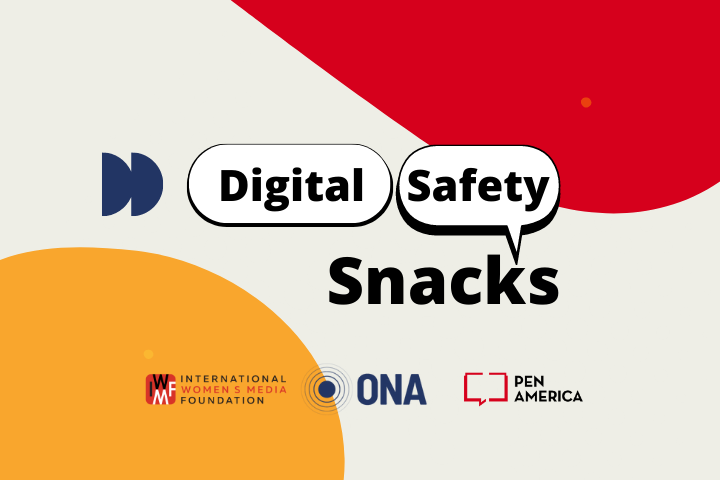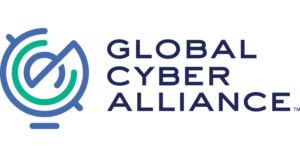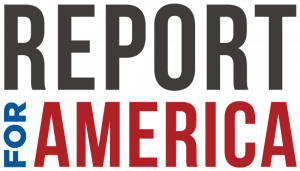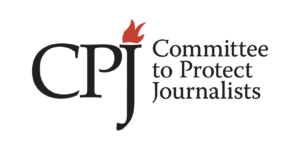Digital Safety Snacks

PEN America, the Online News Association, and the International Women’s Media Foundation have teamed up to create Digital Safety Snacks, step-by-step videos to help you defend yourself against online abuse. We’ll explain how to protect your most sensitive accounts from hackers and how to dox yourself before someone else does. We want to empower you to feel safer and more secure while maintaining the public profile you need to do your job.
As journalists, we’re increasingly expected to have an online presence and engage on social media, which puts us at risk of abuse. Reporters from marginalized backgrounds—including women, people of color, and LGBTQ+ people—are especially at risk. And now, with the United States heading toward the midterm elections, odds are high that attacks against journalists—online and off—will escalate. Abusive trolls join forces to send hateful messages, impersonate, hack accounts, and publish sensitive personal information (aka doxing). Their ultimate goal is to intimidate, discredit, and silence journalists and undermine press freedom. But there are concrete steps each of us can take to protect ourselves and fight back.
deDoxing Yourself
WAIT, WHAT INFO IS AVAILABLE ABOUT ME ONLINE?!
We’ll show you how to find what information is available about you online – before someone else does. We’ll cover: how to Google yourself like a pro (via Google “dorking”), how to see where your images are appearing online (via reverse image search), and how to find out if your private info starts circulating all over the internet (via Google alerts).
SORRY, WHO’S SELLING MY DATA FOR PENNIES?!
We’ll talk about how and why, in the United States, people can buy your private info for pennies. And we’ll explain what data brokers are and how to navigate them.
Anti-Hackathon
WHAT’S A FACTOR? AND WHY ARE THERE 2?
What’s a factor and why should I care? We’ll explain what two factor authentication is and how it will protect your most sensitive accounts from hackers. We’ll help you weigh the pros and cons of various authentication mechanisms, including why it’s not a great idea to use your cell phone number. And we’ll ensure you know how to avoid getting locked out of your accounts.
NOPE, YOUR BIRTHDAY’S NOT A GOOD PASSWORD
Password hygiene is a lot like dental hygiene – it’s kinda boring and annoying, but it will save you loads of pain, time, and money later. We’ll explain why you don’t want to use your birthday as your password or your mother’s maiden name as your security question. And we’ll talk through what password managers are, how they work, and how to choose the right one.
Secure Your Twitter and Facebook Accounts
SECURE YOUR TWITTER ACCOUNT (DON’T LEAVE IT TO FATE)
Many of us spend a lot of time on Twitter and it’s not always pretty. We’ll walk you through Twitter’s key privacy settings and safety features, including the pros and cons of protecting your tweets, limiting tagging, keeping your DMs open, and turning off location tracking.
SECURE YOUR FACEBOOK ACCOUNT (OH NO, PEOPLE CAN SEE THAT POST FROM HIGH SCHOOL?)
Whether you use Facebook in your professional or private life, you’ll want to be in control of what you’re sharing with the world. Together, we’ll wind our way through the labyrinth of Facebook’s privacy and security settings to ensure that nobody discovers that embarrassing post from high school or college — unless you want them to.
Don’t Forget Insta, LinkedIn, and Cell Phone Hygiene
SECURE YOUR INSTA & LINKEDIN ACCOUNTS (YEP, THOSE TOO)
It’s easy to forget how publicly visible your private life might be on Instagram and LinkedIn. You might not realize that a photo of your kid playing in your yard – or the CV you uploaded in college – is exposing your home address. We’ll help you clean all that up.
CELL PHONE HYGIENE (YOU GOING TO CALL YOUR MOTHER WITH THAT PHONE?)
Long ago, in a land far away, we used to have home phones and office phones. Nowadays chances are your cell phone is the center of your professional life. And if your cell number is compromised, you’re in a pickle. We’ll talk about healthy cell phone practices, including how to mask your private cell number and how to keep your text messages from snooping eyes.
More Resources
Online News Association
Internetting While Brown/Black AND a Woman: A Collective Guide
Cover Your Assets: How Not to Get Hacked and Other Essential Security Tips
Hacked Your Beat? Asking the Right Questions When Cybercriminals Target Your Community
James W. Foley Legacy Foundation: Journalist Safety Curricula (Seminar 5)
Partners






